The Future of Retinol: Brighter Than Ever!
I have waited for this day to come...
It was about time that the EU Cosmetic Regulations got involved into the ever increasing percentages of Retinol in formulations. With the increase of new forms of Retinol onto market and the increasing percentage the EU decided to act. It was the wild west out there with brands outdoing each other.
At NAYA, we chose to use 0.3% Retinol in our Cacay Oil+A from day 1 since we launched it in 2019. As our focus is on quality and the safety of our customers. The funny thing, back in 2019, there were already guidelines that many brands in the market mainly saw as suggestions instead of accepting them as serious suggestion to consider their customers safety.
What is Vitamin A in cosmetic products
Vitamin A is mainly used in the cosmetics sector for anti-ageing products. The tiny molecules of this active ingredient are able to penetrate the top layer of our skin and stimulate the important production of collagen in the lower layers. Those who use high-quality products with vitamin A can even increase this production by up to 130 percent, which leads to smoother skin and a significantly younger and fresher appearance. Wrinkles are then practically filled in from the inside and are much less visible afterwards. However, vitamin A not only provides an immediate or short-term effect. When used regularly, the active ingredient prevents the formation of new wrinkles, as the body's own skin ageing process is clearly slowed down. In Germany, and this has been like this for many years, the maximum concentration of vitamin A in anti-ageing products must not exceed 0.3 percent. A higher concentration would cause skin irritation in many cases, as the vitamin A acid is not considered to be unproblematic.
However, vitamin A is also frequently used to treat severe acne. The active ingredient has an excellent exfoliating effect and leads to a significant loosening of the annoying blackheads that are anchored in the sebaceous glands. As a result, the blackheads are shed and new ones generally no longer form.
At NAYA, we produce high-quality formulations according to safety standards and we are proud to be made in Germany.
The New EU Regulations
The EU is taking steps to ensure the safe and responsible use of retinol in skincare products. New regulations are setting limits on the concentration of retinol allowed in over-the-counter options. This means you can be confident that your favourite retinol products are effective while prioritising user safety.
Here's a breakdown of the changes:
- Concentration Limits: The EU has established a maximum of 0.3% retinol for leave-on and rinse-off skincare products and 0.05% for body care products.
- Grace Period: Brands have until 2025 to reformulate their products to comply with the new regulations. This means you can expect a smooth transition and continued access to your favourite retinol options.
In short, the EU's focus is on responsible and effective retinol use. This paves the way for a future of safe, innovative skincare solutions that deliver the results you desire. Please note this also impacts products that include Retinyl Acetate, Retinyl Palmitate.
Why the new Retinol Rule
The EU regulator has looked at the "worst case" scenarios of vitamin A exposure. This means what if people eat high amounts of Vitamin A through their diet, plus apply a high dosage of Vitamin A through their face and bodycare plus take a lot of additional supplements and other medicine increasing their Vitamin A daily intake over the recommended dosage. The blanket restrictions have been put in place as a precaution to help reduce the risk of overexposure to vitamin A and keeping the consumers safety in mind.
Be a savvy customer
Vitamin A is a superstar ingredient in the world of skincare, and for good reason! However, like anything good, too much can have downsides. When applied topically in excess or used incorrectly, it can cause irritation or dryness.
Vitamin A is unique because it's fat-soluble, allowing your body to store it for later use. However, this also means excess intake can accumulate, unlike water-soluble vitamins (B and C) that are readily eliminated.
The key lies in balance. Vitamin A plays a vital role in cell growth, immune function, and healthy vision. Getting enough from your diet is essential – and luckily, your body regulates intake from plant-based sources like butternut squash, sweet potato, carrots, and spinach. These convert to the active form of Vitamin A as needed, minimising the risk of overconsumption.
The main concern lies with preformed Vitamin A, found in high doses in animal products like liver and fish oil. Excessive intake of these can lead to side effects, especially for pregnant women or those trying to conceive.
By focusing on a balanced diet rich in provitamin A vegetables, you can ensure you get the benefits of Vitamin A without the risks.
Retinol: A Skincare Superstar with a Responsible Glow-Up
Retinol has long reigned supreme as the gold standard for youthful-looking skin. However, new regulations that are now being implemented by the EU are ensuring its continued safe and effective use. Here's why this is a positive development for your skincare routine!
The New Era of Responsible Retinol
The EU's Cosmetic regulations are designed to make sure you get the most out of retinol without overdoing it. This means lower limits on the concentration of retinol in over-the-counter skincare products. But don't worry – even with these adjustments, retinol remains a powerful tool for achieving radiant skin. And the end of the day, my beauty lovers, it is about consistency.
Here's what you need to know:
Focus on Quality, Not Just Numbers:
The new regulations encourage a shift towards high-quality formulations and a focus on overall effectiveness rather than simply high retinol percentages. Many one ingredient brands don't focus on formulations. The reasons are manifold:
- Formulation development takes time
- Formulation development is expensive
- Each formulation requires a safety assessment before launching into the market
But if you actually focus on privately developed formulations, it ensures your chosen product delivers targeted results without unnecessary irritation. Support brands that think through their formulations that are good for you and your skin.
Lower Percentage, Lasting Benefits:
Studies show that even lower concentrations of retinol can make a significant difference in skin texture, tone, and clarity. Plus, with reduced potential for irritation, you can experience the benefits of retinol more comfortably. Our Cacay Oil + A is even suitable for sensitive skin. If you combine our Retinol Product with the Glow Serum, it will allow you to create a natural bugger between the Retinol and your skin.
Innovation Drives New Solutions:
This new standard will also drive innovation in the beauty industry which is constantly evolving. And we are super excited to be at the forefront at this innovation. Sign up to our newsletter to be the first to hear about our new product that is launching very soon. This means exciting new ways to experience the benefits of retinol alongside other complementary ingredients.
Alternatives and Specialist Options
Retinal & Retinyl Retinoate: These forms of vitamin A are not restricted and offer exciting possibilities for achieving even better results with lower concentrations compared to traditional retinol.
Exploring Alternatives: Cosmetic scientists are actively researching and developing alternatives to retinol, offering even more choices for personalised skincare routines.
But even with all these alternative, Retinol is one of the most studied ingredients that exist in the market. It was discovered in the 1906 by chemists Elmer McCollum und Marguerite Davis. And studies go back to the 40s where Retinol started to be tested. This means Retinol is one of the oldest and longest tested ingredient by many independent R&Ds centers. Way longer than trendy actives such as Bakuchiol where no long-term studies exists and the studies that exists have only been conducted by the supplier themselves.
Here's the Good News About Retinol!
Are you a retinol devotee worried about the new regulations? Breathe easy! Even with the reduced concentration (down to 0.3%), I can assure you that retinol will remain effective. In fact, many of us may have been overdoing it with high-strength formulas anyways. Trying to get fast results and instead have probably caused more damage than good. The key lies in high-quality ingredients and well-crafted formulations, not just a high number on the label.
Here's another thing to consider: the percentage you see might not reflect the actual amount of usable retinol.
The good news? A lower concentration can actually be a benefit! So, you can still achieve that naturally ageless, radiant glow without worrying about a reaction. As consistency and quality is the key that we keep on hammering home.
Why the Lower Dose for Body Care?
You might be wondering why the new regulations set an even lower limit for retinol in body care products. Here's the NAYA explanation:
The amount of vitamin A your skin absorbs depends on several factors. These include the concentration in the product, how much you apply, the surface area covered, and how often you use it. Since you typically use a larger amount of body cream compared to facial cream, and apply it to a much bigger surface area, body products pose a higher potential for vitamin A exposure. This is why the regulations set a lower limit for body care to ensure a naturally ageless approach without exceeding safe absorption levels.
The Takeaway: A Brighter Future for Your Skin
The new retinol regulations are a positive step towards safer and smarter skincare. You can expect to see continued innovation in retinol formulations alongside exciting new alternatives. With the right guidance, you can choose the best option for achieving your unique skincare goals. And you can be sure that NAYA always has their customers safety at the heart of each formulations. We have been transparent from day one regarding the percentage of Retinol we are using and have safely formulated within the limits of 0.3% for being safe for you and your skin.
If you need any consultation, you can book a consultation with our founder, Sarah by booking it here.
References:
- European Commission. (2023). Commission Regulation (EU) …/… of XXX amending Regulation (EC) No 1223/2009 of the European Parliament and of the Council as regards the use of Vitamin A, Alpha-Arbutin and Arbutin and certain substances with potential endocrine disrupting properties in cosmetic products. Retrieved on 19/06/2023
- European Commission. (2023). Annex to the Commission Regulation …/… Retrieved on 19/06/2023
- WTO. (2023). Notification G/TBT/N/EU986. Retrieved on 19/06/2023
- SCCS. (2022). Revision of the scientific opinion (SCCS/1576/16) on vitamin A (Retinol, Retinyl Acetate, Retinyl Palmitate). Retrieved on 19/06/2023

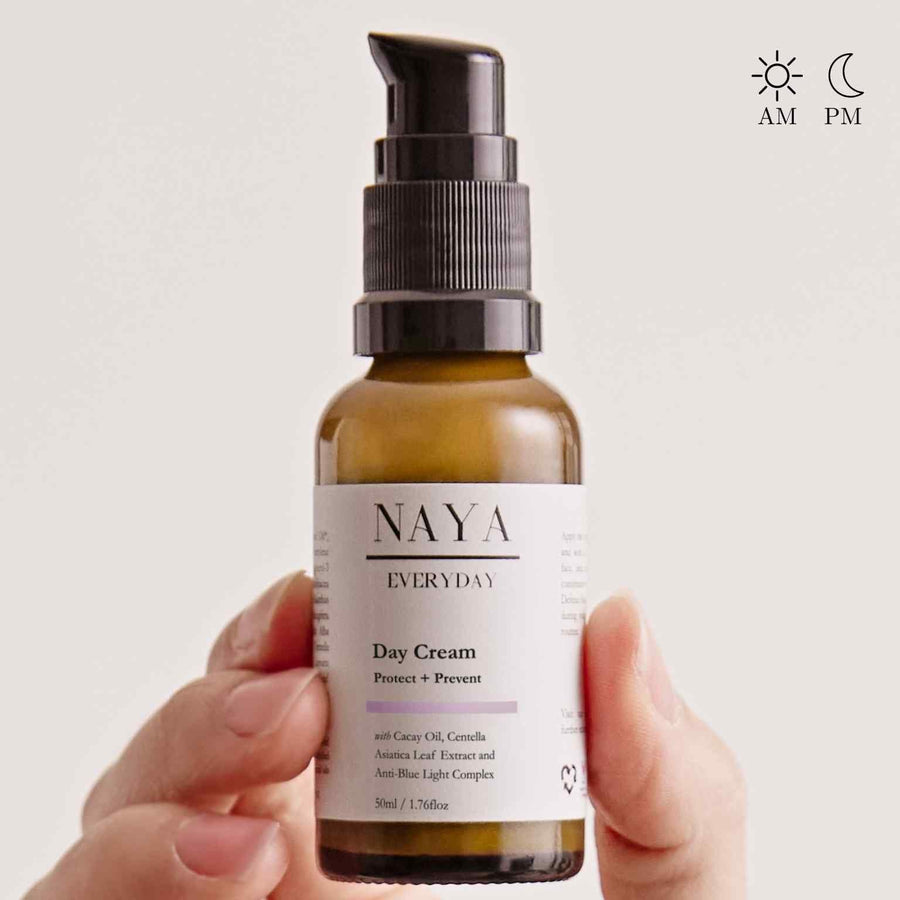
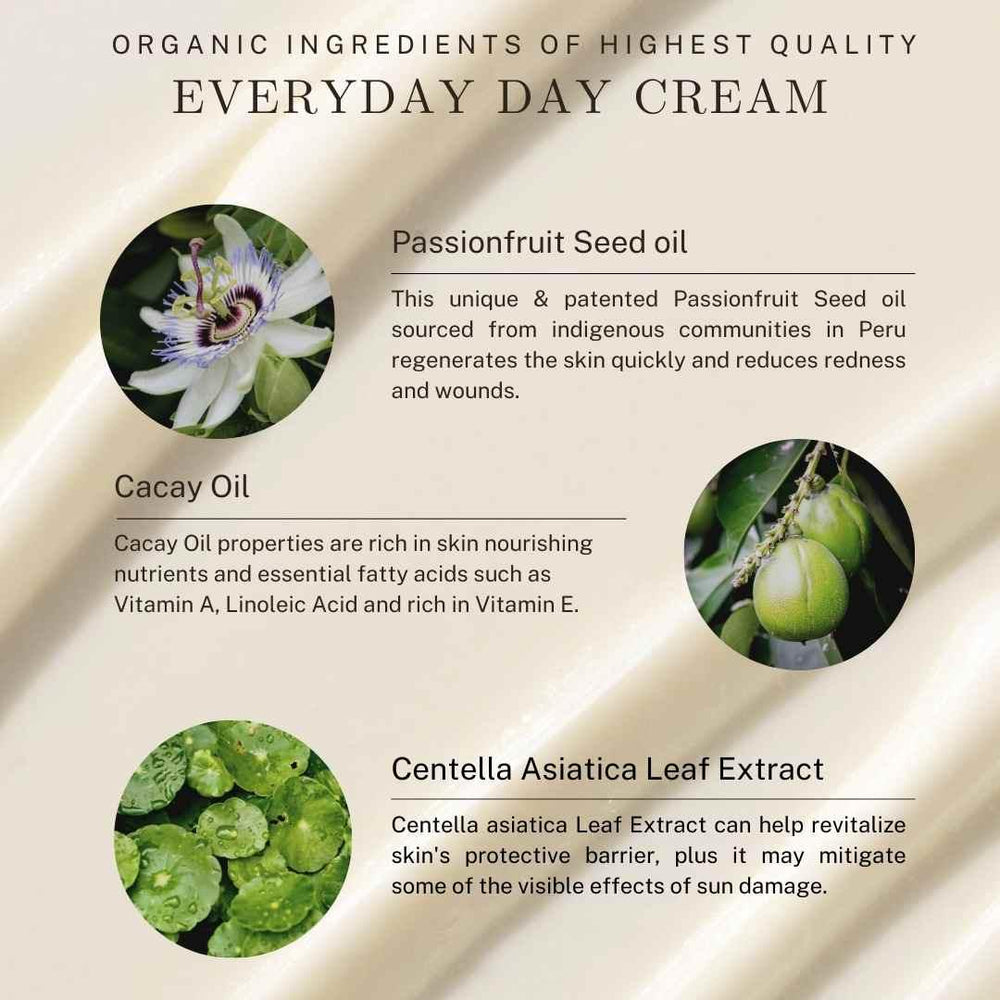
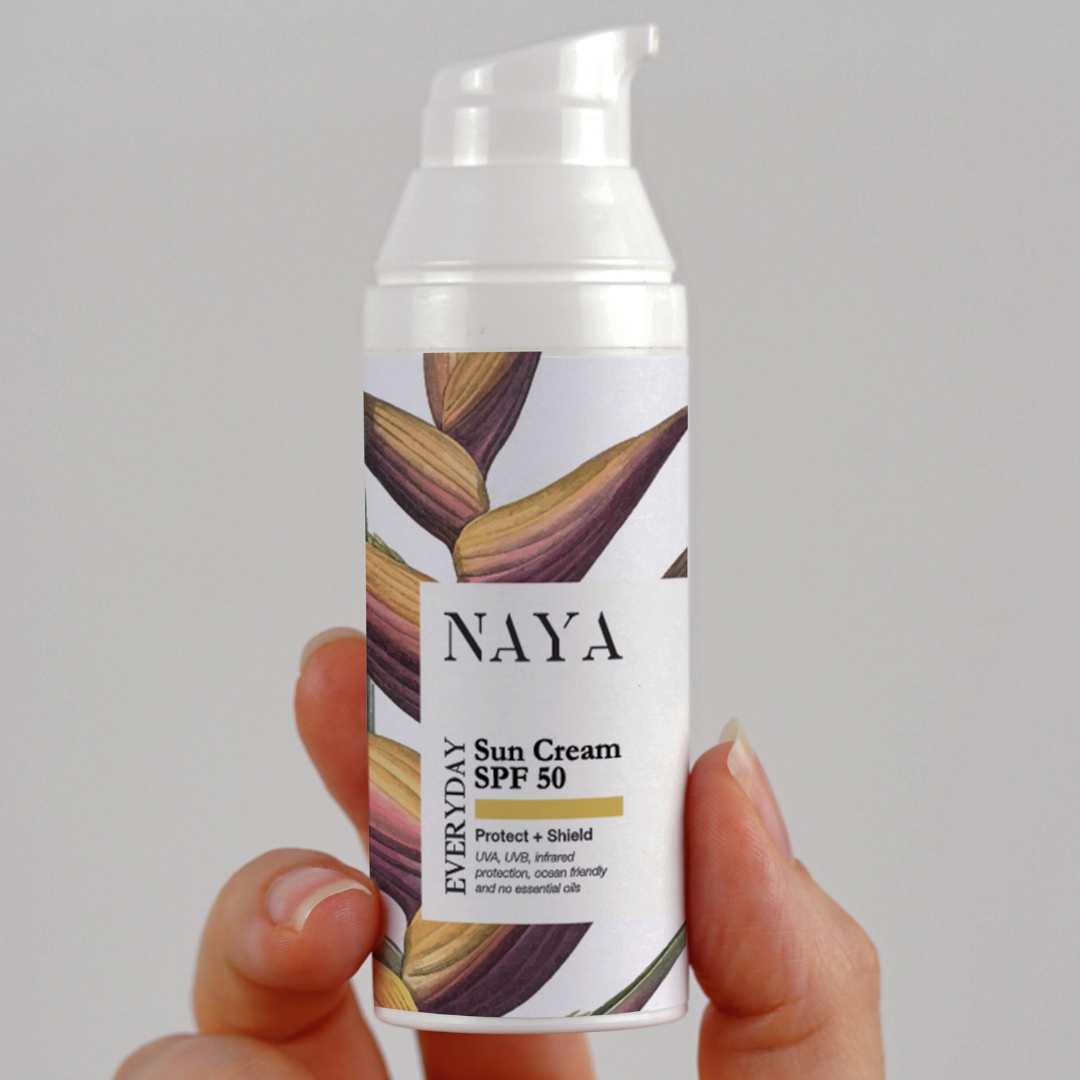
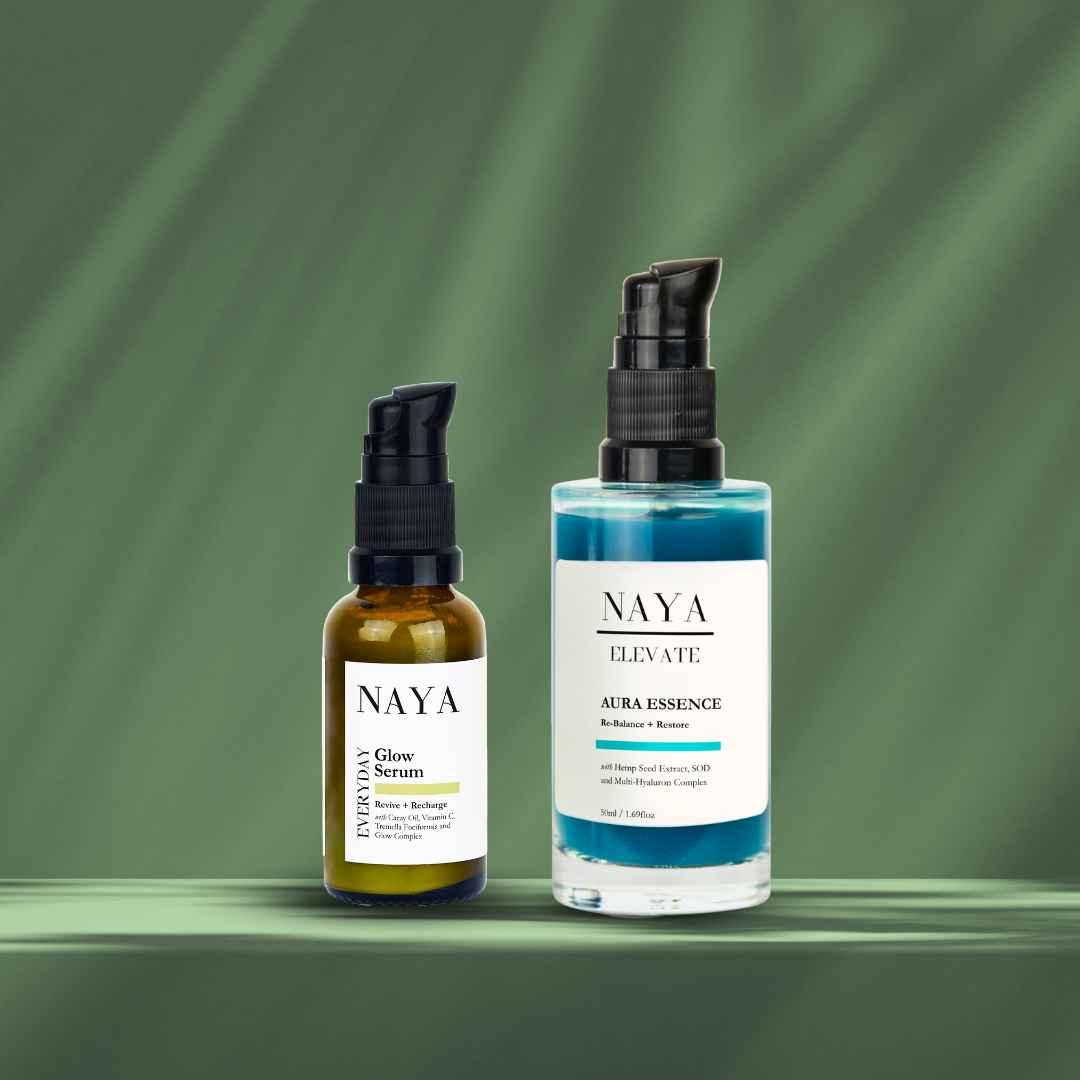
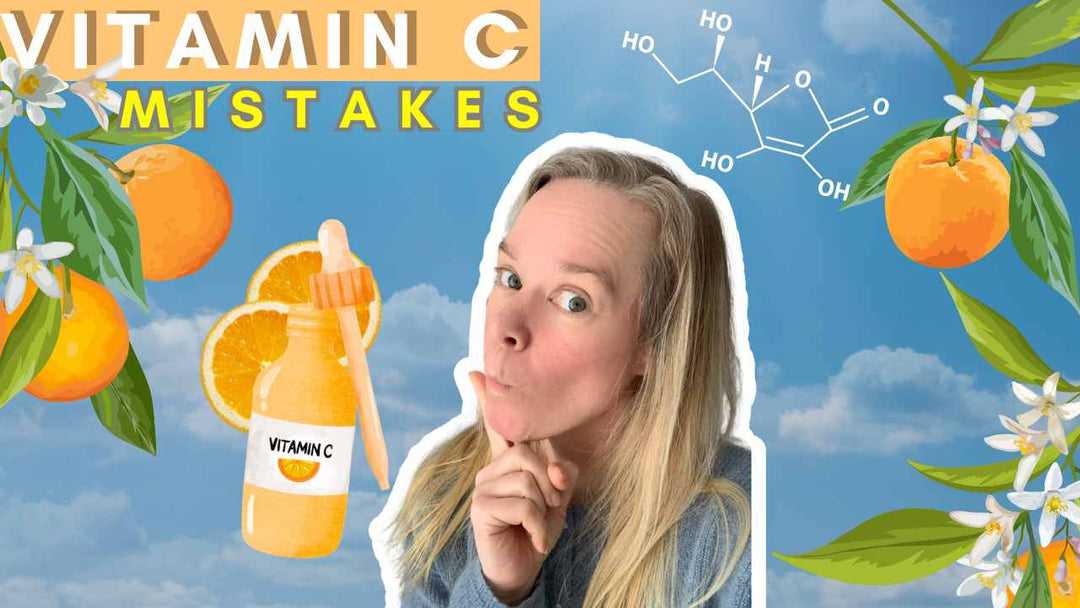
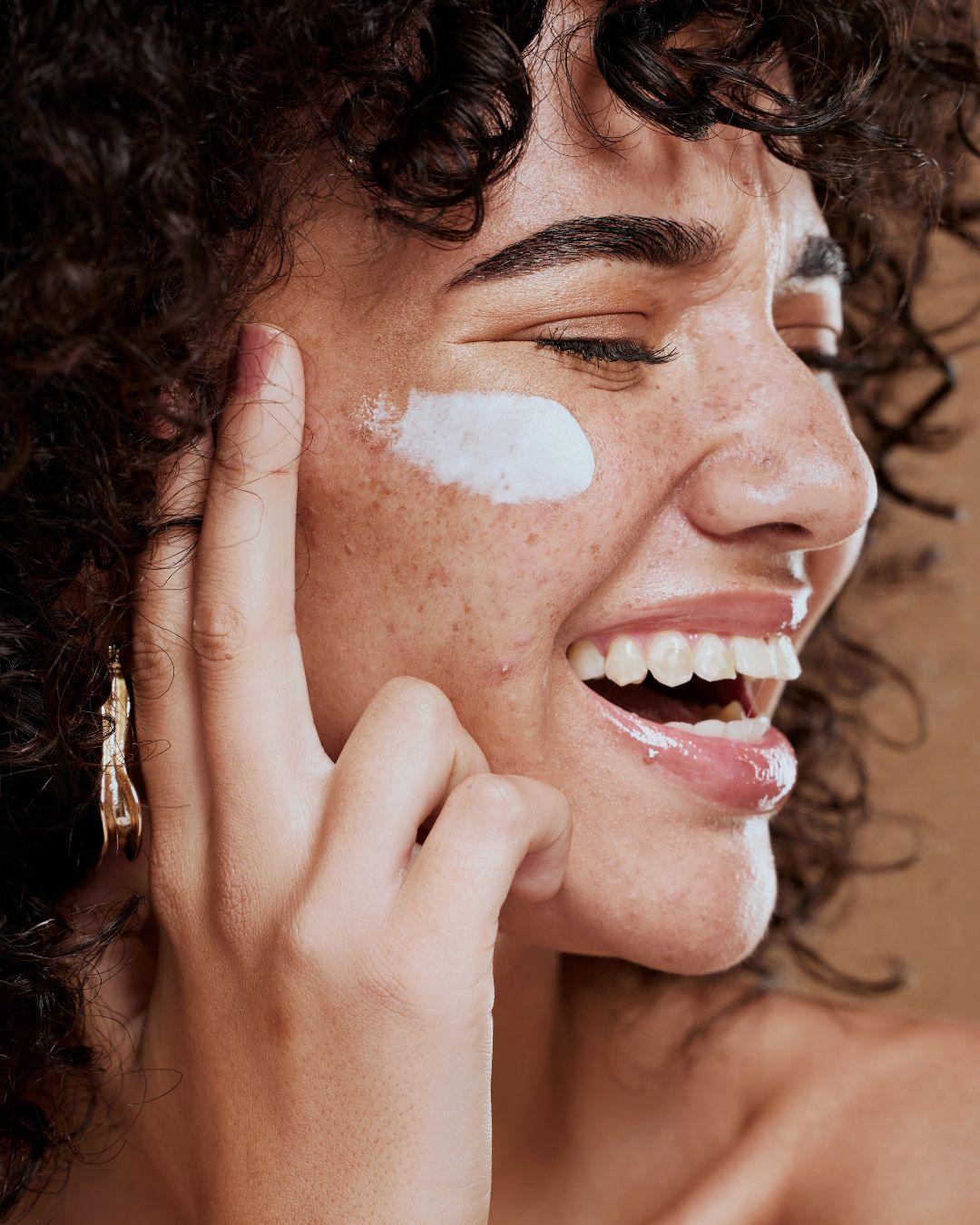

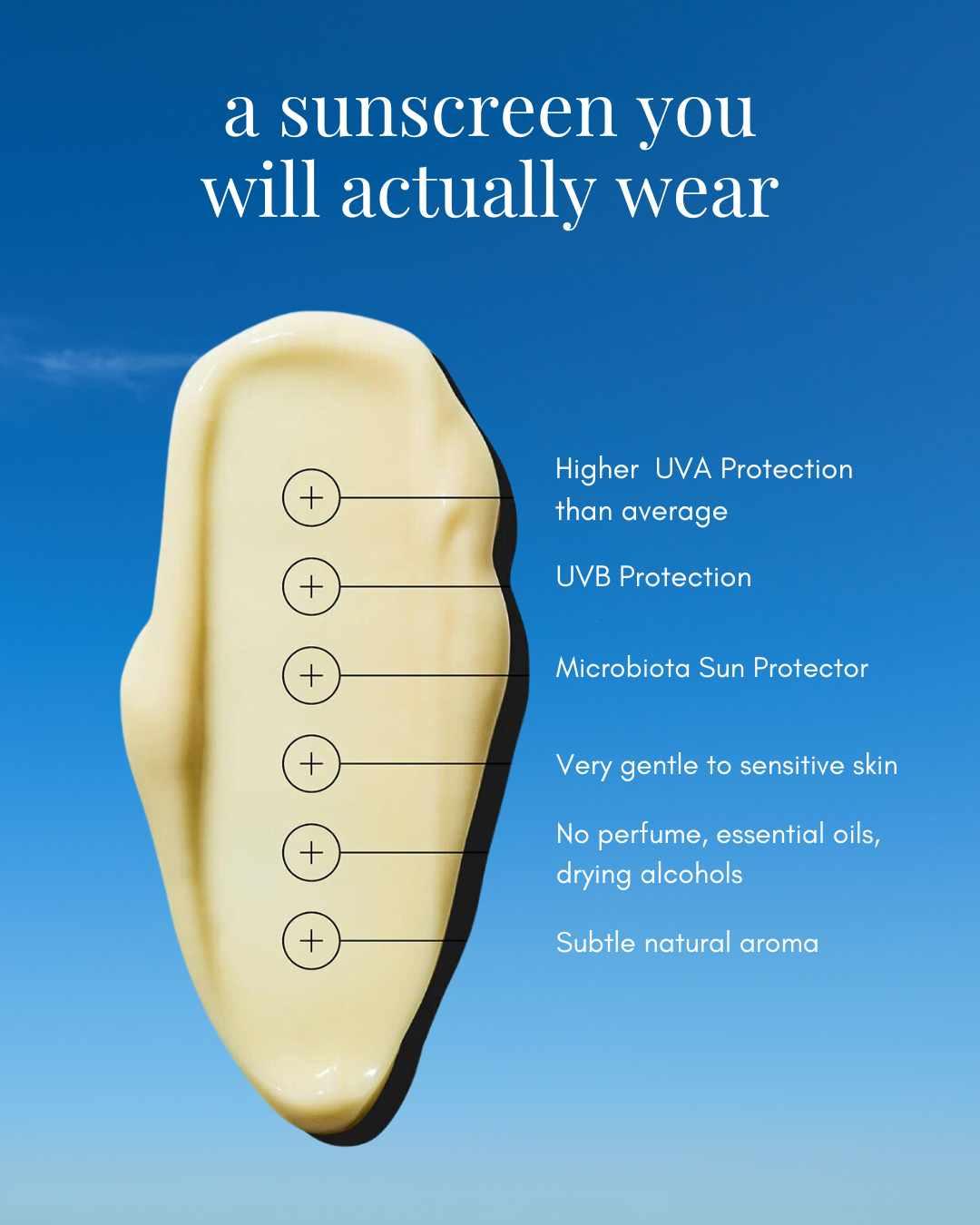
Leave a comment